The Tenor of Our Times

A “Wet Floor” sign shaped like a banana peel at a shopping mall in Hong Kong in October 2017. Photo by Zhungwinsumtz.
— Ed.



What took Congress this long? Congress has been behind the curve for years on technological developments, and so in this case the more relevant question is why are they acting now. The answer is presumed Russian interference in last year’s presidential election, and specifically the placement of advertisements as well as so-called news stories on social media sites that the Russians allegedly intended to influence the election results. All that has yet to be sorted out in ongoing investigations, but in the meantime it will be a positive development to have online political advertisers more openly accountable.

Now the news has atomized to the point that someone with a large Facebook following can spread a story with no basis in fact, and those followers will spread the story some more. There are no editors sitting on the story until it is verified. The engineers at Facebook and Twitter are not interested in the job, nor do they seem to think it should be their job. Their job is to watch what their customers watch so that they can boost their company’s revenue by effectively targeting advertising based on those results.
It is as if a newspaper’s staff printed almost everything that came across their desks, with little or no editorial judgment on the contents, and focused most of their energies on the advertisements. A newspaper could not do that because of physical limitations on paper, ink, and space, but an online news feed has no such limitations. A reader can scroll on forever, if so inclined. It’s a buffet that the social media sites are serving up, and it’s in their interest to try to specifically please each person they serve, a task made possible by the interactive nature of the web, where each user click is tabulated as a vote in favor.
From the 1976 film The Pink Panther Strikes Again, Peter Sellers as Inspector Clouseau shows the foolishness of making assumptions based on limited information.
There’s only a limited amount then that the news feed providers can and should do to monitor the reliability of the content they provide. Every little bit helps, which is why it’s good news that Congress is belatedly getting around to at least subjecting political advertisements to regulations that would alert interested readers to the provenance of online political advertisements, therefore allowing the readers to judge for themselves the veracity of the ads.
Ultimately people who read news online from a multitude of sources have to exercise critical thinking more than ever before in evaluating the reliability of what they are reading. The days of passively accepting the news in predigested form from trusted sources are over, and that’s all for the good really, but it also means being on guard and skeptical more than ever, much as people want to indulge their lazy tendencies toward confirmation bias, or believing what they want to be true.
― Techly 

For an all too brief period in the 1960s and 70s it wasn’t that way, and it seemed things would only get better. But “better” is a personal perspective, and apparently there has always been bubbling beneath the surface of humanity a foul stew of visceral hatreds and resentments. It was a delusion to think it had gone away. There were people for whom “better” was a bitter pill to choke down, upsetting to their righteous way of life, and they bided their time until they could turn back the clock. The general population always knew these people existed, and assumed they were a conservative minority whose grasp on power was slipping away and would eventually disappear. It turns out, however, that gender and racial resentments cross political party lines and their grasp on some people has strengthened, not weakened. Not everyone is as he or she seems, and while in public they may appear to tolerate new social norms, when they get home and start tweeting and facebooking, they release their bottled up anger and things get ugly.
Newscaster Ted Baxter, played by Ted Knight, was not mean-spirited like the internet trolls of today, merely clueless.
Live and let live. What is so very hard about hewing to that old maxim? If you have respect for yourself, respect for others will follow. One of the best features of Mary Tyler Moore’s two hit television shows, and by all accounts of her own personality, was respect for the characters and for the audience, which was reflected in intelligent, good-natured writing and presentation. The Dick Van Dyke Show in the 1960s was almost entirely put together by men, while The Mary Tyler Moore Show in the 1970s had more women writers than any other show before it. Both shows were excellent reflections of their times, though more optimistic and usually showing the better side of our natures. They were comedies, after all. They are still models of a better life for men and women.
Great harmony by Dick Van Dyke and Mary Tyler Moore in a happy song.
― Ed. 
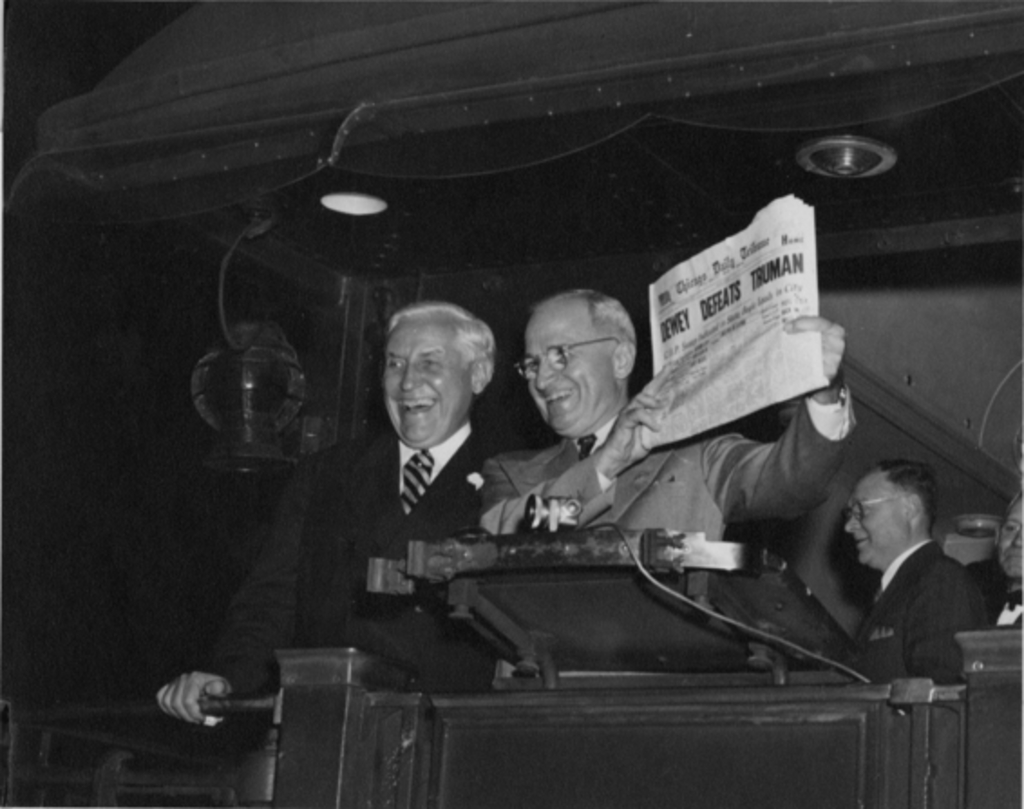
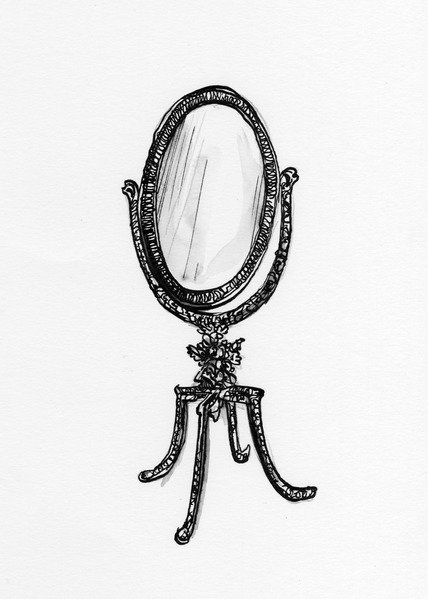


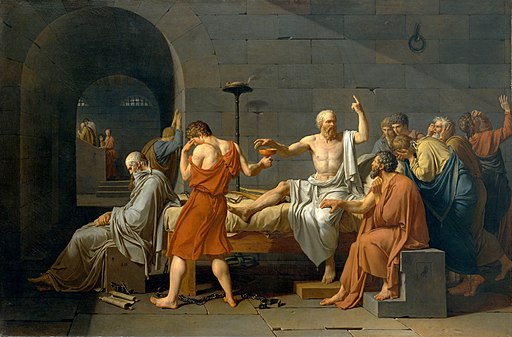


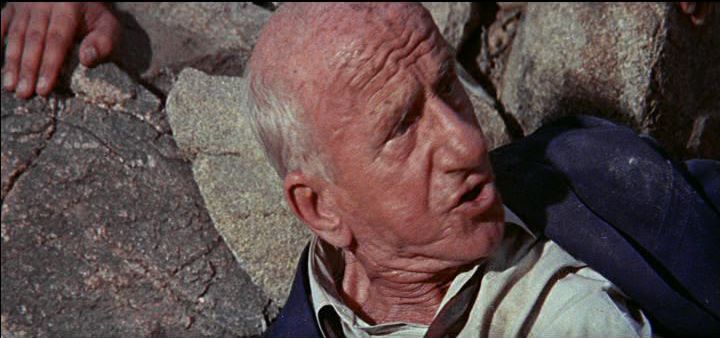
– Ed.
1-amidst; 2-sinuses; 3-dog eat dog; 4-anecdotes; 5-bridges; 6-panacea; 7-dramatic; 8-retabulate; 9-cliffhanger; 10-gist; 11-comprehension; 12-unparalleled; 13-regardless; 14-could not care less; 15-intents and purposes; 16-refuse and repudiate; 17-supposedly; 18-worse has come to worst; 19-vim and vigor, or piss and vinegar; 20-inconvenience
Debate – intransitive verb; To engage in a formal discussion or argument.


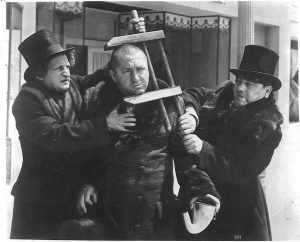

Are low information voters stupid? Not necessarily. Some feel obligated to vote yet lack the time or desire to get up to speed on the important issues at stake. Others are deluded by questionable sources for their information, such as major media outlets which give a one-sided slant to the news and are often obsessed with sensationalism and trivia. Still others are blinded by party loyalty to information about defects in their preferred candidate. If anything, all of these attributes describe laziness rather than stupidity.
In this age of Standards of Learning testing in the public schools, it appears social studies education generally, and civics education particularly, are getting squeezed in favor of the three Rs, which are more readily documented to show results. Elementary and secondary school education in civics instills in future voters not only knowledge of the structure of government and how it works, but more importantly why that matters to them in their daily lives. That is the vital aspect of civics education which needs to remain with people throughout their lives, and which they are apt to lose sight of in the noise and confusion of earning a living and raising a family.
― Ed. 
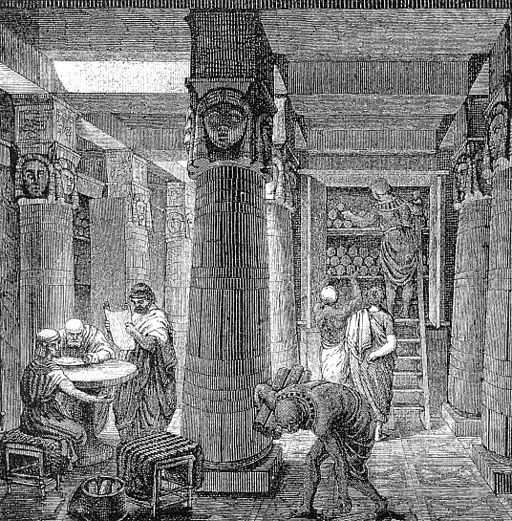
The Great Library of Alexandria, drawing by O. Von Corven.